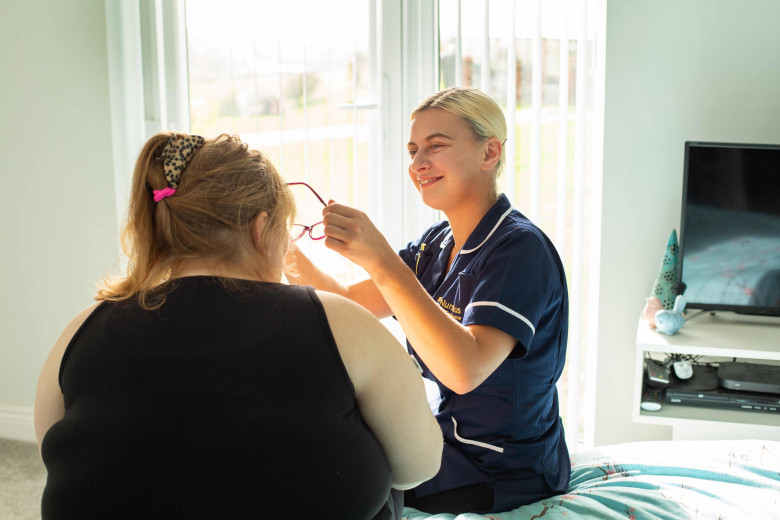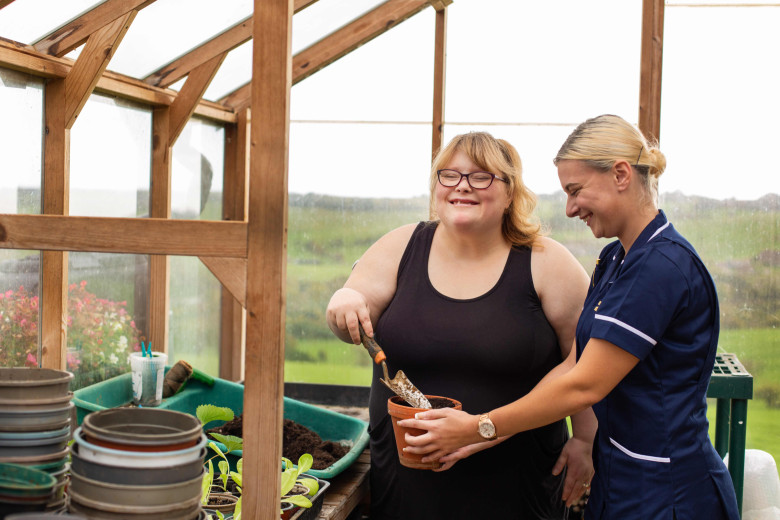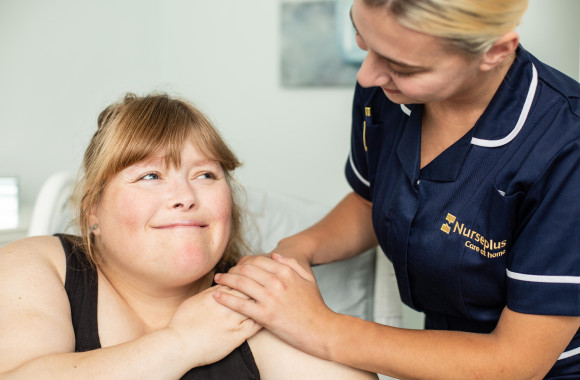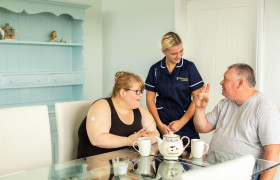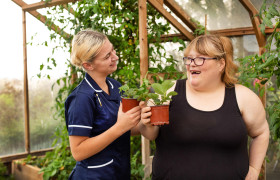2. Memory Loss or Cognitive Decline
As we age, cognitive decline can gradually impair memory, judgment, and thinking skills. Conditions such as dementia or Alzheimer’s disease can make it difficult for your loved one to manage everyday tasks, remember important information, or even recognise familiar faces and surroundings. If you’ve noticed that your loved one is becoming increasingly forgetful, confused, or disoriented, it may be time to consider live-in care.
Memory loss can lead to dangerous situations, such as leaving the stove on, wandering away from home, or forgetting to take essential medications. A live-in carer can provide supervision, ensuring that your loved one is safe, engaged, and following a structured routine. Whether it’s helping them remember daily tasks or offering companionship, a live-in carer can alleviate the risks associated with memory loss.
A dedicated carer can also offer mental stimulation by engaging your loved one in activities designed to keep their mind active, such as puzzles, reminiscence therapy, or gentle conversations about their day. This not only helps improve their cognitive abilities but also prevents isolation, which can sometimes exacerbate symptoms of dementia.
3. Difficulty Managing Household Tasks
Another sign that your loved one may need live-in care is if they struggle to manage their household and personal responsibilities. Declining health, mobility, or cognitive function can make it difficult to keep up with tasks such as cooking, cleaning, shopping, or managing bills. You may notice that their house is no longer as tidy as it used to be, or perhaps they’ve been relying on ready meals instead of preparing fresh, nutritious food.
While occasional help with chores can ease some of the burden, having a live-in carer ensures that these essential tasks are taken care of every day. From keeping the home clean and organised to cooking healthy meals that meet dietary requirements, a carer can help maintain a comfortable and safe living environment.
Additionally, live-in carers can provide personal care services such as helping with bathing, grooming, and dressing. They can also ensure that medications are taken on time and offer transport to medical appointments or social events, helping your loved one maintain their quality of life.
